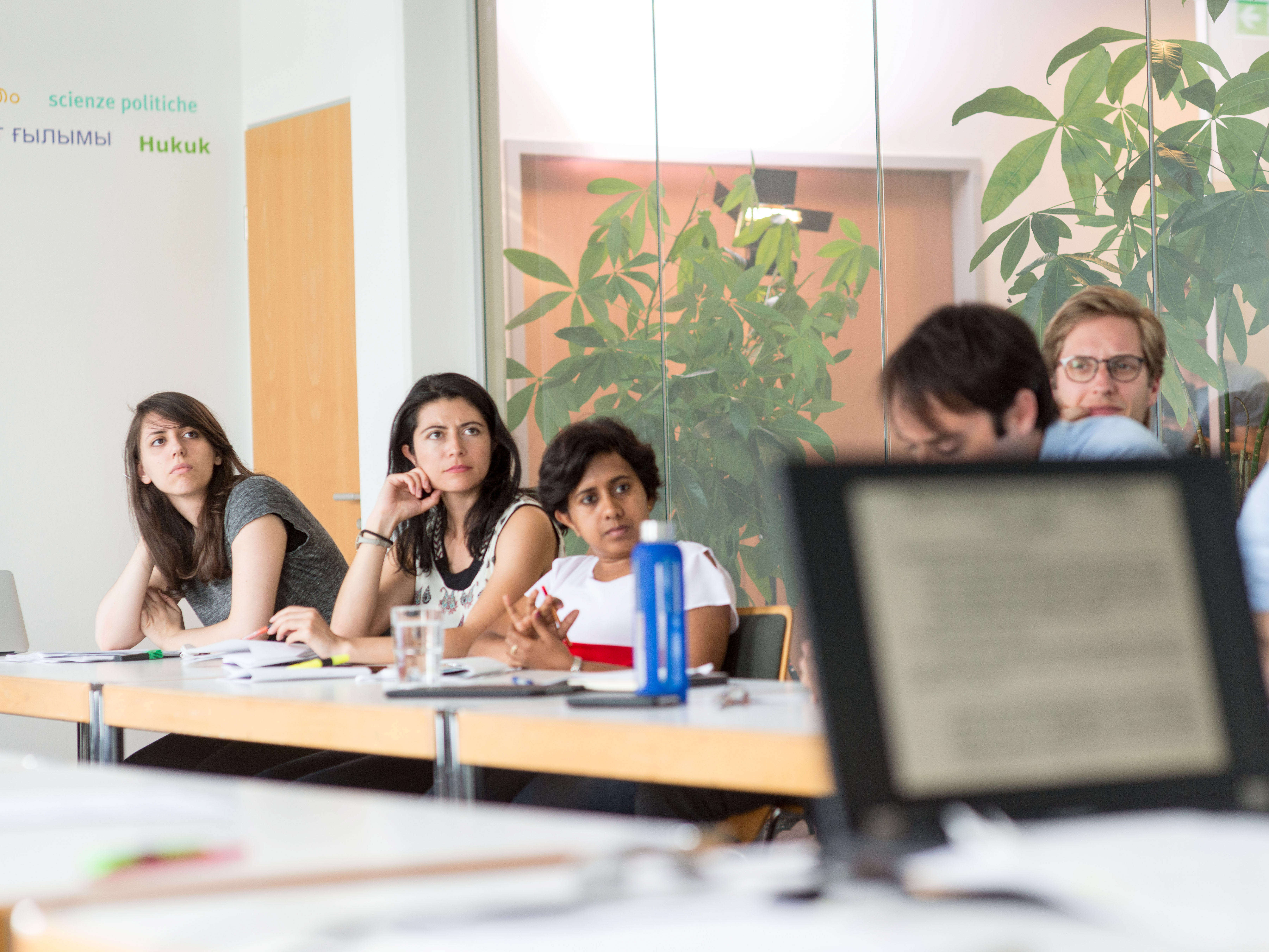Political Pressure and Funding Instability in the U.S. threaten Early Career Researchers › view all
19.06.2025
Times Higher Education op-ed by BIGSSS Managing Director Christian Peters and colleagues explores the increasingly contested landscape of transatlantic cooperation.

"To best preserve US science, Europe should focus help on junior scholars"
by: Christian Peters, David Bogle, Maresi Nerad, Conor O’Carroll, Beate Scholz
in: Times Higher Education, published online: June 10, 2025
The article shows how political and financial pressures are hurting US science, like public mistrust, censorship, and funding cuts. In response, a lot of American researchers—especially those early in their careers—are looking for stability abroad, and some European initiatives are aiming to attract them.
Christian Peters and his colleagues argue that while helping senior scientists may inadvertently worsen the U.S. “brain drain,” the priority should be supporting Early Career Researchers, who are more vulnerable due to lack of networks, job security, and institutional protection.
The article calls for faster, more visible cooperation through bilateral and multilateral funding schemes, private donations, and cross-Atlantic mentorship networks. Additionally, it urges institutions to combat anti-science populism by engaging the public and demonstrating research's societal value.
Ultimately, the authors advocate for a renewed transatlantic alliance that supports knowledge circulation over competition, in defense of democratic values and the enduring role of science in society.
The piece outlines a troubling trend: the increasing vulnerability of scientific inquiry in the United States due to politically motivated restrictions on research topics, funding instability, and declining public trust in expertise.
This discussion is especially relevant to graduate schools and doctoral programs, which serve as key entry points into academic careers. Early career researchers are not only more exposed to the structural uncertainties of the academic job market, but also more easily discouraged by shifting political and institutional climates.
For graduate schools, this serves as a timely reminder of our responsibility: to not only educate and mentor future scholars, but also to advocate for structures that protect academic freedom, enable international collaboration, and ensure research careers remain viable. As the authors suggest, strengthening transatlantic partnerships and supporting knowledge circulation are not only acts of solidarity but also investments in the global future of science and scholarship.
Read the full article here.
Contact: Christian Peters
